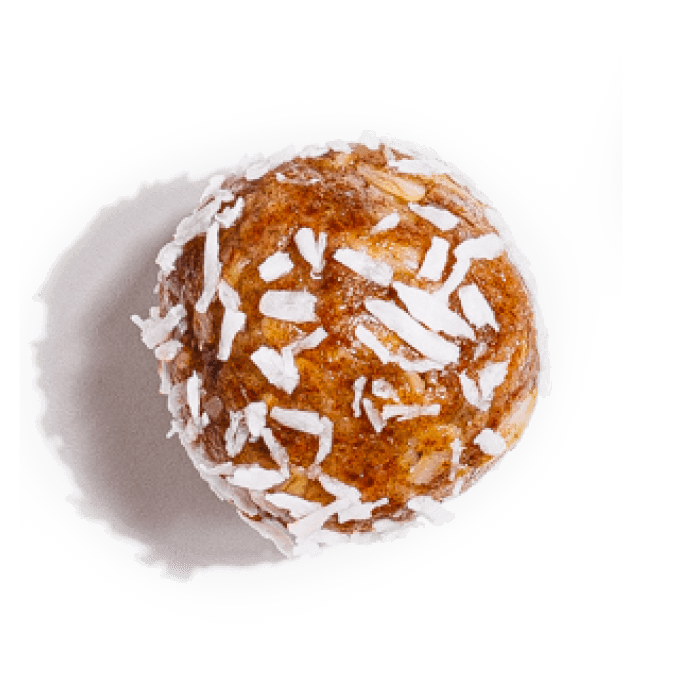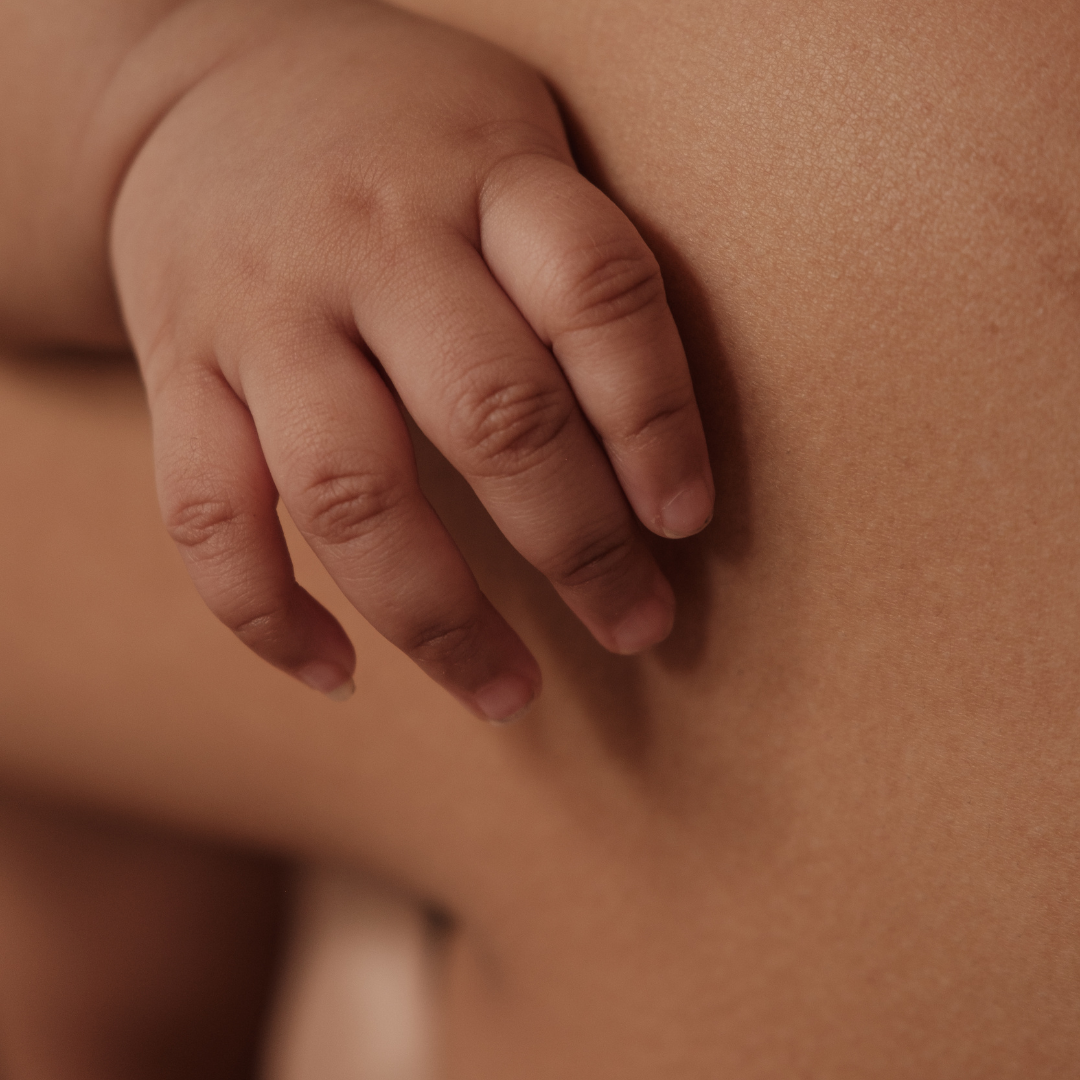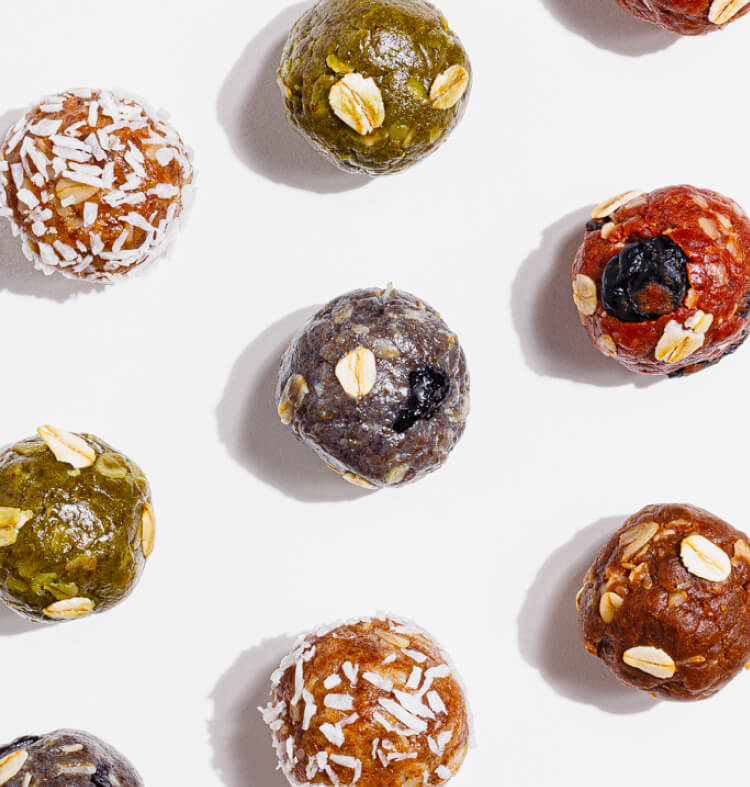By: Louise Gottsche
Optimal nutrition whilst breastfeeding benefits both you and your baby. Nutrients are required to replenish nutrient stores and to support lactation. It is also required for optimal development of your baby. But, as a new lactation (and likely, sleep deprived) mother, how do you know what the optimal breastfeeding nutrition plan is that will benefit both you and baby? Here we'll dive into essential macronutrients for an ideal breastfeeding diet, how your breastfeeding diet affects your breastmilk and foods you may want to avoid when breastfeeding.
Breastfeeding nutrition: Lactation requires energy from all 3 macronutrients
Breastfeeding mothers require about 500 additional kcal/day compared to non-pregnant women.
Whilst pregnant, most women will store an extra 5 to 10 pounds in tissue, mainly as fat, to help their bodies prepare for breastfeeding. If mamas do not increase their energy intake, their body stores will be used to maintain lactation. This is why it is not unusual for mothers to lose weight after the first postpartum month.1
It is recommended that breastfeeding mothers eat a well-balanced diet that includes protein-rich foods, such as lean meat, eggs, dairy, beans, lentils and seafood low in mercury, plus whole grains, fruits and vegetables.2 Breastfeeding women require an additional 25 g/day of protein.1 Eating a variety of foods will also change the flavor of your breast milk from one lactation session to the next. This will expose your baby to different tastes, which may help to prevent picky eating later on.2,3
Your breastfeeding diet affects the micronutrient content of your breastmilk
With the exception of vitamins D and K, calcium, fluoride, magnesium, and phosphorus. micronutrient requirements increase during breastfeeding.1 Some nutrients can’t be supplied by your body, they have to come from your diet. These nutrients are vitamin A, B6, B12, folate, iodine, selenium and some fatty acids.1,4 When mothers have a deficiency in these nutrients, the levels in their breast milk will also be low.1 This may affect infant brain development. Optimal early childhood nutrition may have positive long-term effects on health, cognitive development, human capital acquisition, and economic productivity in adulthood.5,6 Fortunately, these vitamin concentrations in breastmilk respond well to maternal nutrient intake.1
Some foods are best avoided in your breastfeeding diet
Generally speaking, there are less foods to avoid whilst breastfeeding compared to pregnancy, but the below may help put your mind at ease. Caffeine is found in coffee, tea, chocolate and some soft drinks. The amount transferred via breast milk is less than 1% of the amount consumed. Consumption of 300 mg per day or 2 cups per day is considered safe.7
Alcohol passes freely into breast milk and the concentration is related to the amount in your blood, with the highest concentration 30–60 minutes after alcohol consumption. Alcohol intake negatively impacts breast milk volume.8
In conclusion, mamas need optimal nutrition to help take care of their babies and to support them with a great start in life. What you eat not only affects you, it also greatly affects your baby.
References:
- Kominiarek, M.A. and Rajan, P. 2016. Nutrition Recommendations in Pregnancy and Lactation, Med Clin North Am., 100(6): 1199–1215. doi:10.1016/j.mcna.2016.06.004.
- American Pregnancy Association. 2024. Breastfeeding Nutrition. (online):https://americanpregnancy.org/healthy-pregnancy/breastfeeding/nutrition-during-breastfeeding/.
- De Cosmi, V.; Scaglioni, S.; Agostoni, C. 2017. Early Taste Experiences and Later Food Choices. Nutrients, 9:107; doi:10.3390/nu9020107.
- Innis, S.M. 2014. Impact of maternal diet on human milk composition and neurological development of infants. Am J Clin Nutr. 99(3):734S-41S.
- Adams, K.P.; Adu-Afarwuah, S.; Mridha, M.K.; Oaks, B.M.; Matias, S.L.; Arnold, C.D.; Kumordzie, S.M.; Okronipa, H., Ocansey, M.E. Dewey, K.G. 2020. The impact of maternal supplementation during pregnancy and the first 6 months postpartum on the growth status of the next child born after the intervention period: Follow-up results from Bangladesh and Ghana. Matern Child Nutr.;16:e12927.
- Prado, E.L.; Ashorn, U.; Phuka, J.; Maleta, K.; Sadalaki, J.; Oaks, B.M.; Haskell, M.; Allen, L.H.; Vosti, S.A.; Ashorn, P.; Dewey, K.G. 2018. Associations of maternal nutrition during pregnancy and post‐partum with maternal cognition and caregiving.Matern Child Nutr., 14:e12546.
- Jeong, G.; Park, S.W.; Lee, Y.K.; Ko, S.Y.; Shin, S.M. 2017. Maternal food restrictions during breastfeeding. Korean J Pediatr.60(3):70-76.
- Haastrup, M.B.; Pottegård, A.; Damkier, P. 2014. Alcohol and breastfeeding. Basic Clin Pharmacol Toxicol. 114(2):168-73. doi: 10.1111/bcpt.12149.









